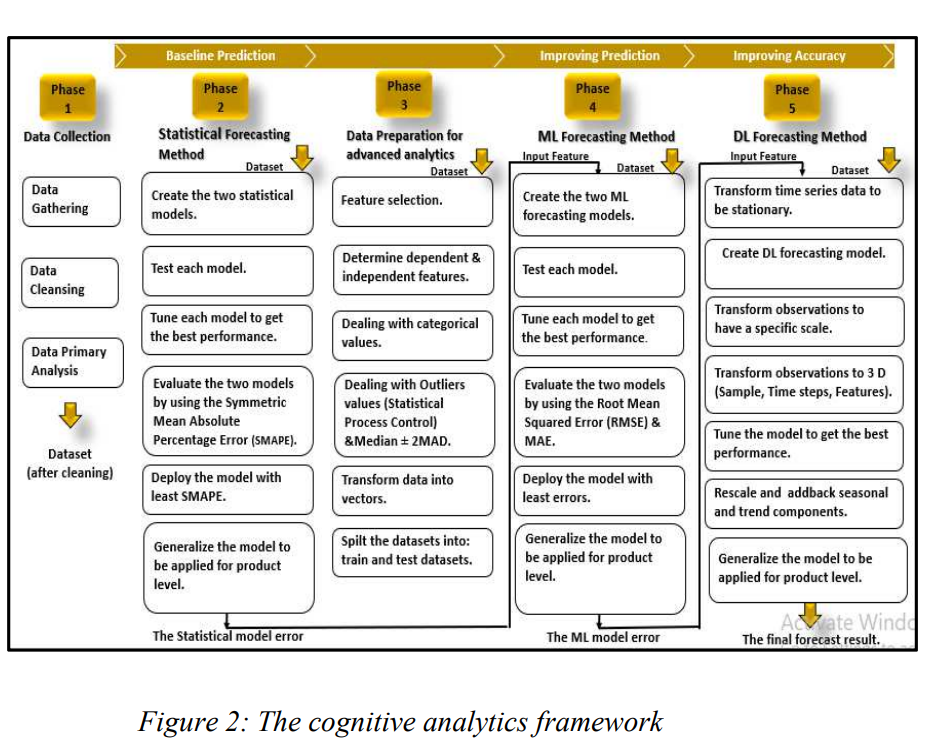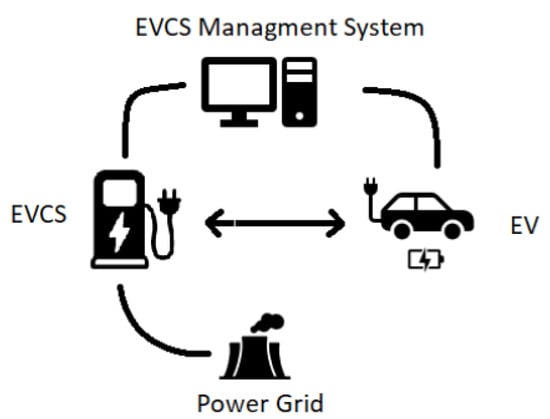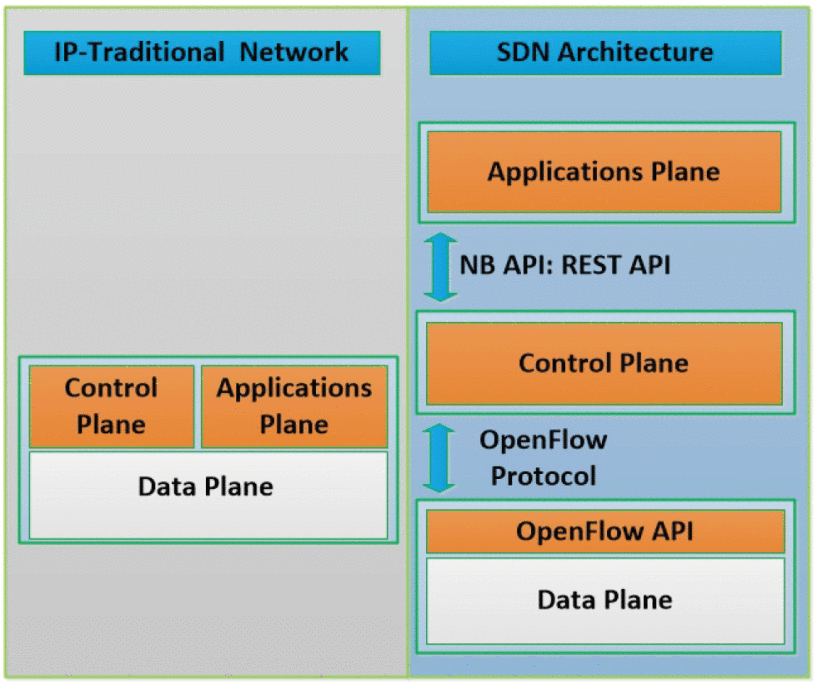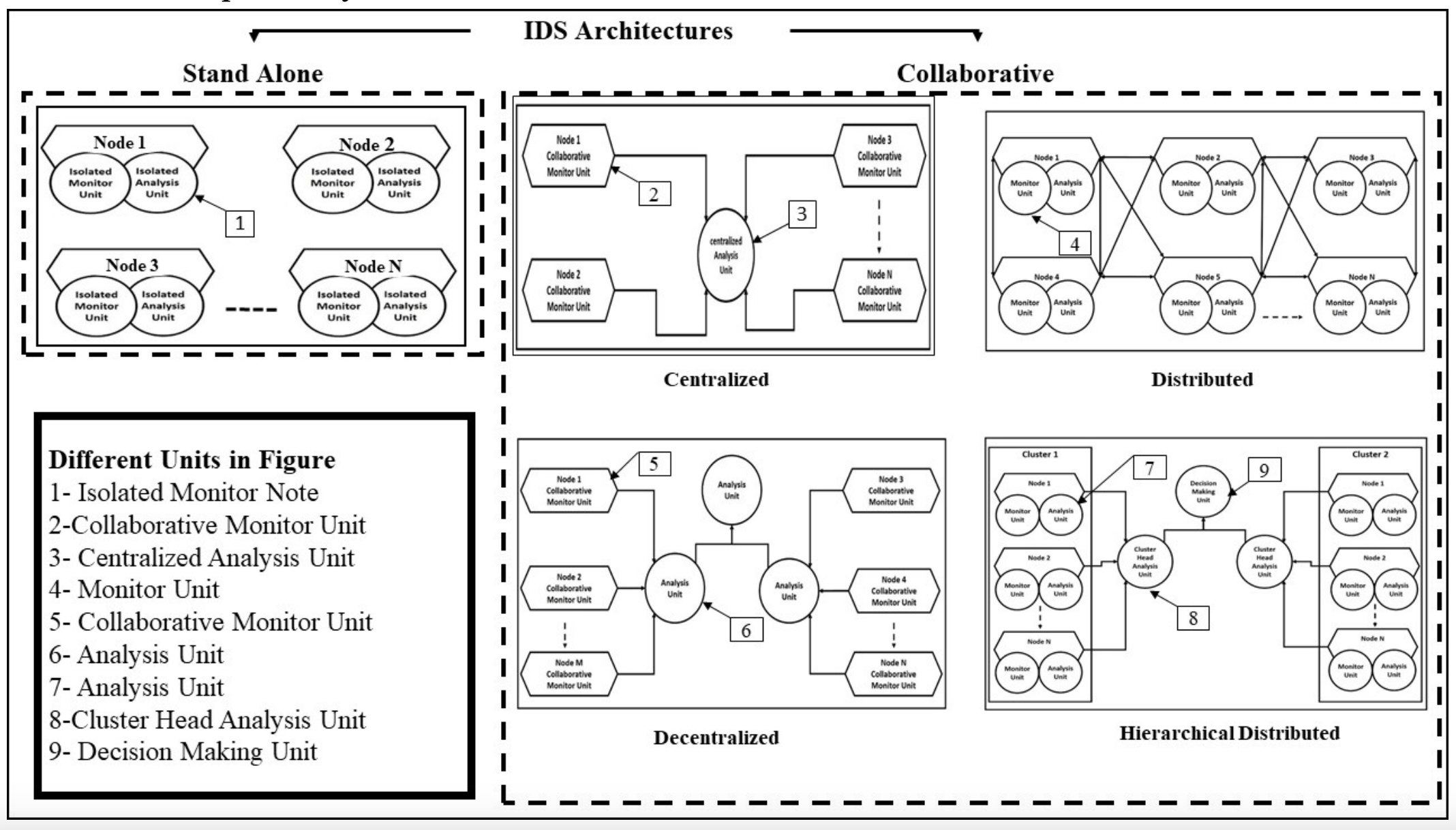
Innovation, Entrepreneurship and Competitiveness
WORLD OF THE FUTURE … THE NEW WORLD ORDER POST COVID-19
Future always starts now; we simply do not know that! COVID-19 has triggered a new phase of human evolution! It disrupted every aspect of our life. It created new norms for everything, from education to supply chains to employment to healthcare to economy to personal hygiene! We are still in the middle of the pandemic, and the impact on both economic and social levels is not clear yet, and its severity would depend on how long the pandemic would endure. Based on that the paper outlines the disruptions prior to the virus outbreak and acted as a double-edged sword, such as the infodemic
Technology disruption for development and peace
Everything is going digital around us! Disruptive technologies and their disruptive use models are creating a new world and a different future. Over the last few years, the creation and utilization of technologies has played a critical role to improve the life quality of people, advance economies, and open new horizons for individuals, businesses, and even nations around the world. This is the bright side! On the other side, the world is experiencing nowadays exceptional technology disruption that has triggered an enormous change; a change that is behind the classical control of the
Localizing the Globalized—How Not to Fail in Smart Cities Frameworks
Smart Cities are viewed by a few as a show, by others as a trend, but by many as a necessity. To cope with the growing pressures of urbanization and the complications of citizens’ urban needs, an integrated hi-tech solution is needed. After all, many renowned cities around the world are adopting it: London, Dubai, Cape Town and many others. Is there a set-menu to adopt for a smart city approach? Should urbanists seek set standards for quality assurance or develop localized approaches? This research is the findings of an 18-month-long in-depth analysis using extensive case studies and detailed
IMPLEMENTING BLOCKCHAIN TECHNOLOGY IN THE EGYPTIAN CONTEXT OPPORTUNITIES AND CHALLENGES
The purpose of this paper is to discuss the Blockchain technology adoption opportunities and challenges in Egypt. The Blockchain technology is evolving with diverse benefits worldwide. Each country has its own motives and barriers to adopt the Blockchain. Therefore, it is crucial to understand the benefits and the challenges of adopting the Blockchain technology from Egyptian prospective. The Egyptian supply chain management, real estate, banking and finance, and the governmental services are discussed in this research work as examples of potential sectors for the Blockchain adoption

A Cognitive Analytics Framework for Improving Sales Prediction Accuracy
accurate prediction of sales data is an important and challenging problem in the retail industry. However, due to the diversity of data types, it is difficult for traditional time series prediction models to generate good prediction results for different types of data. This research develops a cognitive analytic framework to help transform retailers from the reactive environment to automated continuously learning environment utilizing the power of AI technology in predicting future sales with high accuracy. It proposes a multi-stage prediction framework based on the integration of Statistical

A Machine Learning-Based Intrusion Detection System for IoT Electric Vehicle Charging Stations (EVCSs)
The demand for electric vehicles (EVs) is growing rapidly. This requires an ecosystem that meets the user’s needs while preserving security. The rich data obtained from electric vehicle stations are powered by the Internet of Things (IoT) ecosystem. This is achieved through us of electric vehicle charging station management systems (EVCSMSs). However, the risks associated with cyber-attacks on IoT systems are also increasing at the same pace. To help in finding malicious traffic, intrusion detection systems (IDSs) play a vital role in traditional IT systems. This paper proposes a classifier
Dual-Level Sensor Selection with Adaptive Sensor Recovery to Extend WSNs’ Lifetime
Wireless sensor networks (WSNs) have garnered much attention in the last decades. Nowadays, the network contains sensors that have been expanded into a more extensive network than the internet. Cost is one of the issues of WSNs, and this cost may be in the form of bandwidth, computational cost, deployment cost, or sensors’ battery (sensor life). This paper proposes a dual-level sensor selection (DLSS) model used to reduce the number of sensors forming WSNs. The sensor reduction process is performed at two consecutive levels. First, a combination of the Fisher score method and ANOVA test at the

A Flow-Based Anomaly Detection Approach With Feature Selection Method Against DDoS Attacks in SDNs
Software Defined Networking (SDN) is an emerging network platform, which facilitates centralised network management. The SDN enables the network operators to manage the overall network consistently and holistically, regardless the complexity of infrastructure devices. The promising features of the SDN enhance network security and facilitate the implementation of threat detection systems through software applications using open APIs. However, the emerging technology creates new security concerns and new threats that do not exist in the current traditional networks. Distributed Denial of Service

MSDAR: Multi-Stage Dynamic Architecture Intrusion Detection System
Ad hoc networks have been through extensive research in the last decade. Even with their desirable characteristics, major issues related to their security need to be considered. Various security solutions have been proposed to reduce the risks of malicious actions. They mainly focus on key management, authentication, secure localization, and aggregation techniques. These techniques have been proposed to secure wireless communications but they can only deal with external threats. Therefore, they are considered the first line of defense. Intrusion detection systems are always required to
ENTREPRENEURIAL UNIVERSITIES
Innovation is a fundamental driver for economy, and entrepreneurship is one main vehicle by which innovations can create value. Universities are one main component of the national innovation systems and entrepreneurship ecosystem. In that sense, universities, have a fundamental role in fostering innovation culture, producing required knowledge, nourishing talent, supporting startups to become entrepreneurial, and serving industry. The aim of this paper is to study how universities become entrepreneurial. The concept of entrepreneurial university was closely examined through literature review